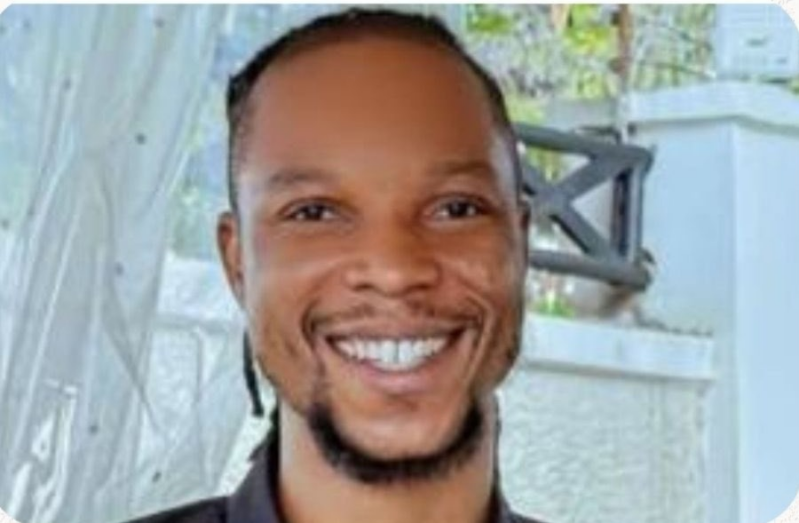
Reported by: Oahimire Omone Precious | Edited by: Henry Owen
The Federal High Court of Nigeria, Asaba Judicial Division, has received two charges against 38-year-old Oghenedoro Tega Fejiro Oliver over alleged publications on his Facebook account targeting Delta State Governor Sheriff Oborevwori and Senator Ede Dafinone. The charges, filed by the Commissioner of Police, allege that Oliver’s posts aimed to destroy the reputations of these officials, citing sections of the Cybercrime (Prohibition, Prevention, etc.) Act, 2015.
Court filings state that the posts accused the Governor of rigging elections, mismanaging public funds, and favoring cronies, while the posts about the Senator included claims of incompetence, corruption, and dereliction of duty. Both filings are dated October 3, 2025, and seek to prosecute the defendant for “cyberstalking” and defamation.
The case has sparked serious concerns among legal experts, activists, and civil society groups, who argue that the action represents a dangerous precedent for freedom of expression in Nigeria. Public officials, they note, are frequently subject to scrutiny in a democratic society, and using cybercrime legislation to silence dissenting voices undermines constitutional guarantees.
Strong Civil Society Response
The Coordinator of Lagos Civil Society Organization (EKOCSO), Leftist Napoleom Kelvin, has strongly criticized the Delta State Government, accusing it of using the courts as a tool to intimidate citizens and suppress free speech. According to Kelvin, “If citizens cannot criticize public officials online without fear of criminal prosecution, the foundations of democracy are being eroded. This legal action is a blatant attempt to muzzle dissent and intimidate ordinary Nigerians from exercising their constitutional rights.”
Critics argue that Nigeria’s laws, while intended to prevent cyber harassment, are being interpreted broadly to target legitimate criticism of government officials. “If every social media post criticizing elected leaders can be treated as a punishable offense, then citizens are effectively muzzled from holding their leaders accountable,” said a legal analyst who requested anonymity.
This case raises pressing questions about the balance between protecting reputations and safeguarding democratic freedoms. Nigeria’s Constitution guarantees freedom of expression, yet legal actions like this suggest an increasing willingness by some authorities to conflate criticism with criminal conduct.
Civil society groups warn that prosecutions of this nature risk chilling public discourse, discouraging citizens from speaking out on matters of public interest. Human rights advocates contend that transparency and accountability in governance cannot thrive if citizens fear legal reprisal for expressing opinions online.
The trial of Oghenedoro Tega Fejiro Oliver underscores the growing tension between digital activism and governmental authority in Nigeria and highlights the urgent need for reforms in cybercrime legislation to distinguish harmful online conduct from the legitimate exercise of free speech.
📩 Stone Reporters News | 🌍 stonereportersnews.com | ✉️ info@stonereportersnews.com
📘 Facebook: Stone Reporters | 🐦 X (Twitter): @StoneReportNews


Add comment
Comments